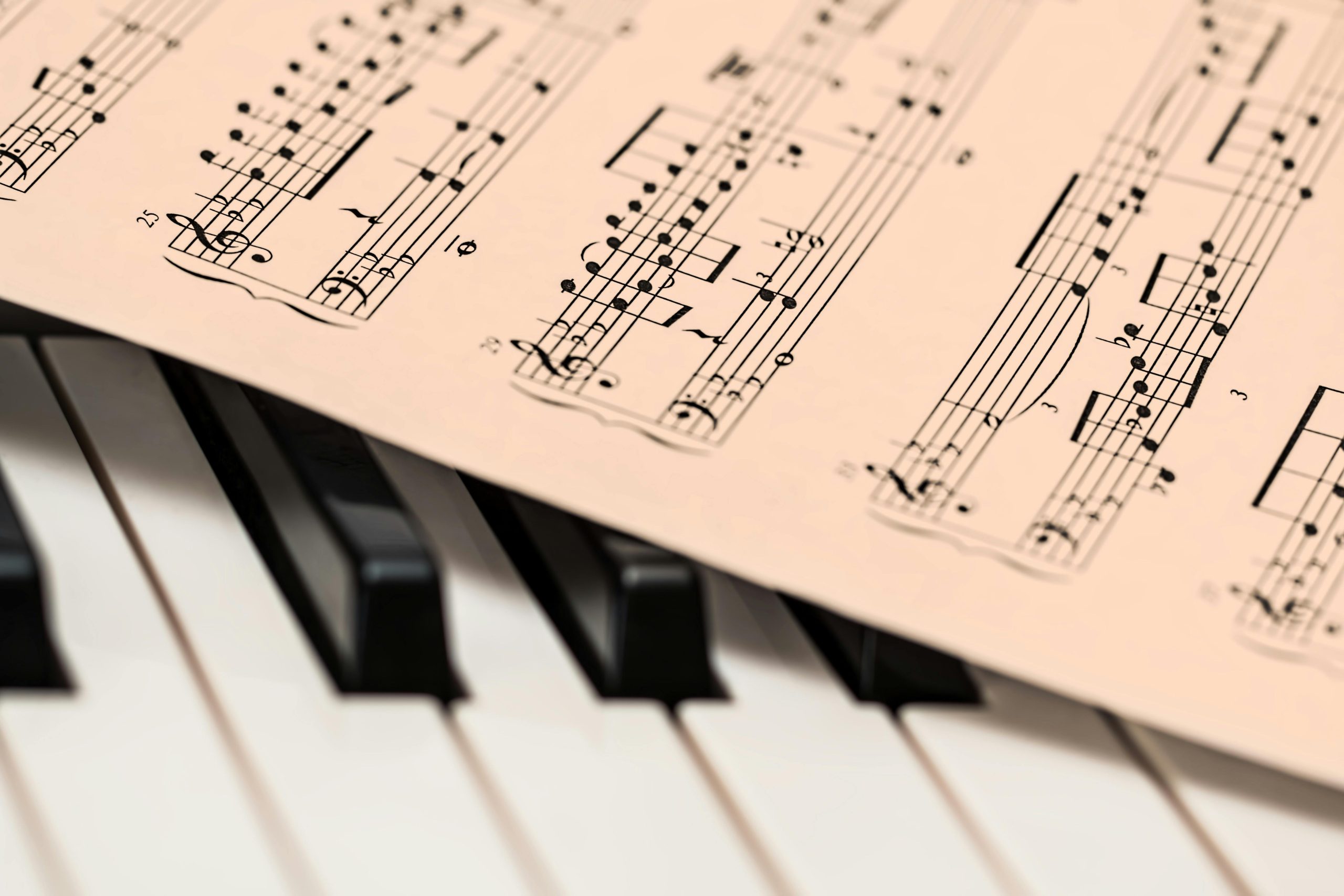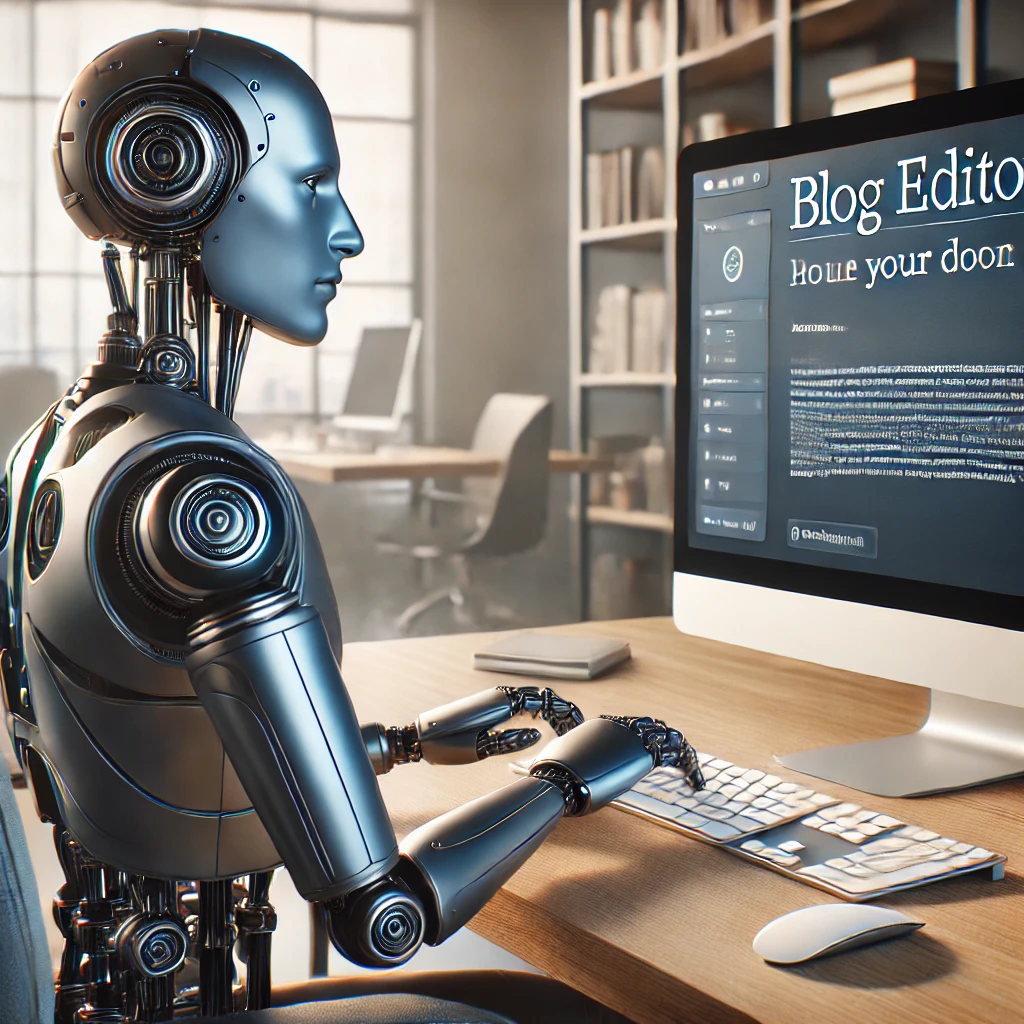As a software consultant with over a decade of experience in both playing guitar and building software, I often find striking parallels between these two disciplines. One such connection is the way musicians and developers approach improvement. In music, you “practice to perform.” In software development, we often “perform to practice.”
While these methodologies seem opposite, blending them can unlock a competitive advantage—especially for those who, like me, have spent countless hours both fine-tuning a fretboard and debugging a codebase. Let’s dive into how musicianship can elevate your development game.
The Musician’s Approach: Practice to Perform
Musicians spend hours practicing scales, refining techniques, and rehearsing songs—all in preparation for a performance. The goal is clear: deliver an experience that feels effortless and polished to the audience. This disciplined approach emphasizes:
- Repetition: Mastery through consistent practice.
- Precision: Breaking down complex sections into manageable pieces.
- Preparedness: Anticipating challenges before they occur.
This mindset instills habits that reward focus and intentionality—skills that can translate beautifully into software development.
The Developer’s Approach: Perform to Practice
In contrast, software developers often “perform to practice.” We write code to solve immediate problems, shipping features that users rely on. Over time, as we encounter new challenges or gain deeper insights, we revisit and refine that code. This cycle involves:
- Iteration: Building incrementally and improving along the way.
- Adaptability: Responding to feedback and evolving requirements.
- Refactoring: Revisiting past work to make it cleaner and more maintainable.
In software, every “performance” (shipped code) is also an opportunity to practice and improve.
Bridging the Two Worlds
What happens when you bring the musician’s mindset into software development? The combination is powerful.
1. Discipline and Intentionality
Musicians understand the value of deliberate practice. By applying the same focus to software development, you’re less likely to cut corners. You might:
- Refactor code with the precision of a guitarist perfecting a solo.
- Write unit tests as a form of technical rehearsal, ensuring the “performance” in production is flawless.
2. Iterative Mastery
Developers who are also musicians understand that mastery is a journey. Just as you revisit a challenging piece of music, you revisit your codebase—polishing it over time. This perspective keeps you humble and open to continuous improvement.
3. Empathy for the Audience
Performing music teaches you to think about the listener. Similarly, in software, you consider the end-user. Whether it’s designing intuitive interfaces or crafting readable code for your team, empathy drives better outcomes.
4. Creative Problem-Solving
Improvisation is a hallmark of musicianship. In software, when you’re debugging under pressure or designing a system architecture, that same creative energy helps you think outside the box and adapt quickly.
Competitive Advantage in the Workplace
Here’s why being a musician gives you an edge as a developer:
- Resilience: Musicians know the grind of practice—a resilience that helps you persist through tough coding challenges.
- Pattern Recognition: Playing music trains your brain to recognize patterns—an invaluable skill in debugging and problem-solving.
- Collaboration: Whether jamming in a band or collaborating with a team, musicianship builds strong communication and teamwork skills.
Conclusion: Practice Makes Progress
“Practice makes perfect” is a phrase often heard in music, but in software development, it’s more accurate to say “practice makes progress.” The iterative nature of coding mirrors the musician’s journey of continuous improvement. By embracing the strengths of both “practice to perform” and “perform to practice,” you can elevate your craft in ways that others might overlook.
So, whether you’re debugging a gnarly issue or nailing a guitar solo, remember this: Both are performances, and every moment of practice—on stage or in the editor—is an investment in becoming the best version of yourself.


